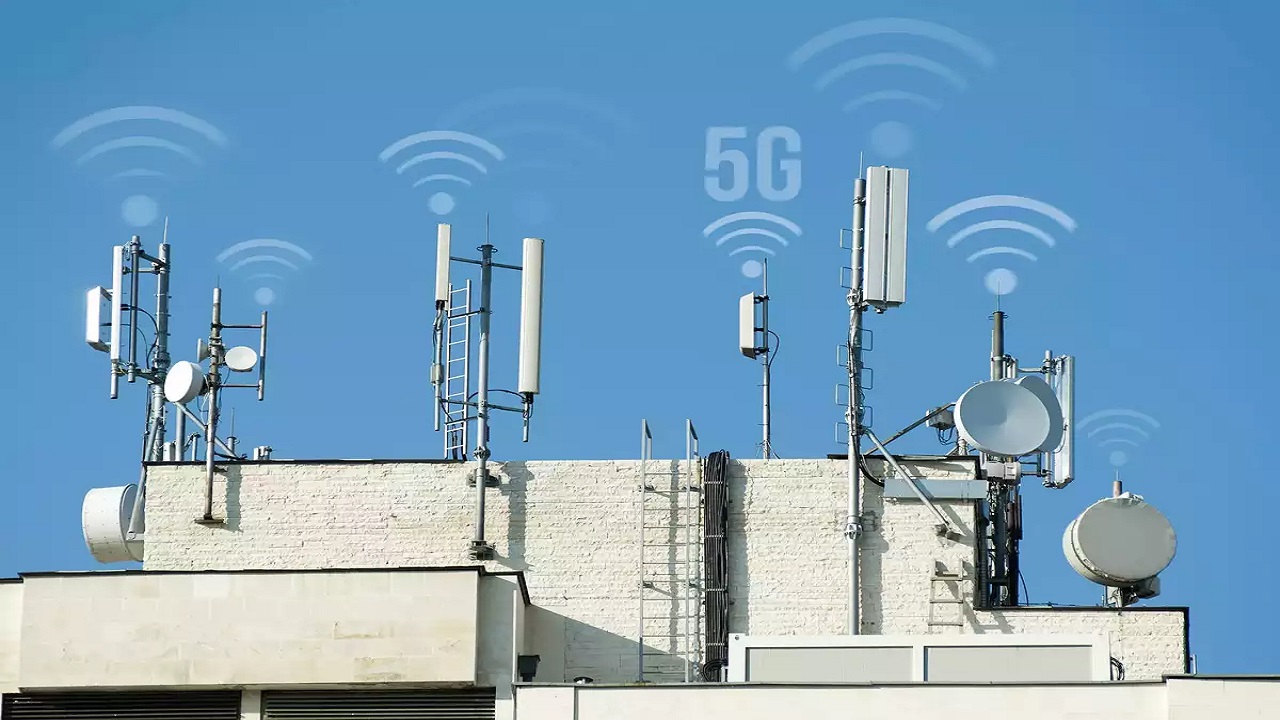Cabinet Approves 5G Infrastructure Sharing Framework – Industry Experts Sharing Insights

The Ministry of Information Technology and Telecommunication (MoITT) is taking a major step toward launching an Infrastructure Sharing Framework after receiving approval from the cabinet. In this regard, a webinar was hosted by the Sustainable Development Policy Institute (SDPI). The webinar was comprised of experts from both government and private sectors.
Valuable Opinions Shared by the Industry Experts:
Khalid Khan (Chairman, CACF):
Khalid Khan, chairman of the Central Asian Cellular Forum, emphasized the transformative effects of 3G and 4G on other industries, including transportation and finance. In order to capture the potential growth of the global IT sector, he also emphasized the importance of promoting competitive engineering skills and urged the government to focus on the bigger picture of connectivity through supportive policy interventions rather than merely viewing them as revenue-generating avenues.
Omar Malik (Member Telecom):
Member Telecom Omar Malik expressed the opinion that spectrum and infrastructure sharing will play a vital role in enhancing connectivity, reducing network disruptions, and reducing environmental impacts. In a study conducted in collaboration with the World Bank, optical fiber penetration was identified as a significant barrier. However, since 2020, Pakistan has made significant progress in this area, increasing the total deployment of fiber optics from 124,000 km to 190,000 km. Malik also acknowledged that economic instability and consumer affordability are obstacles to launching 5G in the country.
Brig (Retd) Yasin:
On the other hand, Brigadier Mohammad Yasin (Retired), Senior Advisor Emeritus at SDPI, stated that political and economic instability, high taxes on IT services, a weak fiber optics infrastructure, expensive frequency spectrum, a lack of dollars, and expensive smartphones are significant obstacles that have led to a decline in investor interest, deteriorating IT services and the postponement of the launch of 5G in Pakistan.
Abdul Rehman Usmani (Jazz’s VP of Network):
Abdul Rehman Usmani emphasized the need to develop use cases and a sustainable business model. To prevent consumers from reverting to 4G due to limited utility, he emphasized the significance of developing a conducive ecosystem through R&D centers, a supportive regulatory regime, and a cost-effective spectrum denominated in PKR.
Aslam Hayat (ICT Regulatory Expert):
Aslam acknowledged the potential benefits of 5G, which include energy efficiency, efficient resource management via AI, IoT, and sensors, and a reduction in greenhouse gas emissions, especially in the transportation sector. However, he also mentioned the potential negative effects infrastructure development could have on the environment, biodiversity, habitats, and ecosystems.
Fawad Sarwar (Solutions Architect at Ericsson, Australia)
Fawad drew attention to the fact that while telecom and IT currently account for only 1.4% of global greenhouse gas emissions, economic and industrial digitalization will have a significant impact by 2030, potentially accounting for up to 50% of all emissions.
In addition to it, there were some other experts who shared their views regarding the potential applications of 5G and how network sharing can help in the efficient deployment of 5G rather than a conventional approach.
Check out? Meet World’s First Tablet With Snapdragon 8 Plus Gen 1: ZTE Axon Pad 5G
PTA Taxes Portal
Find PTA Taxes on All Phones on a Single Page using the PhoneWorld PTA Taxes Portal
Explore NowFollow us on Google News!





